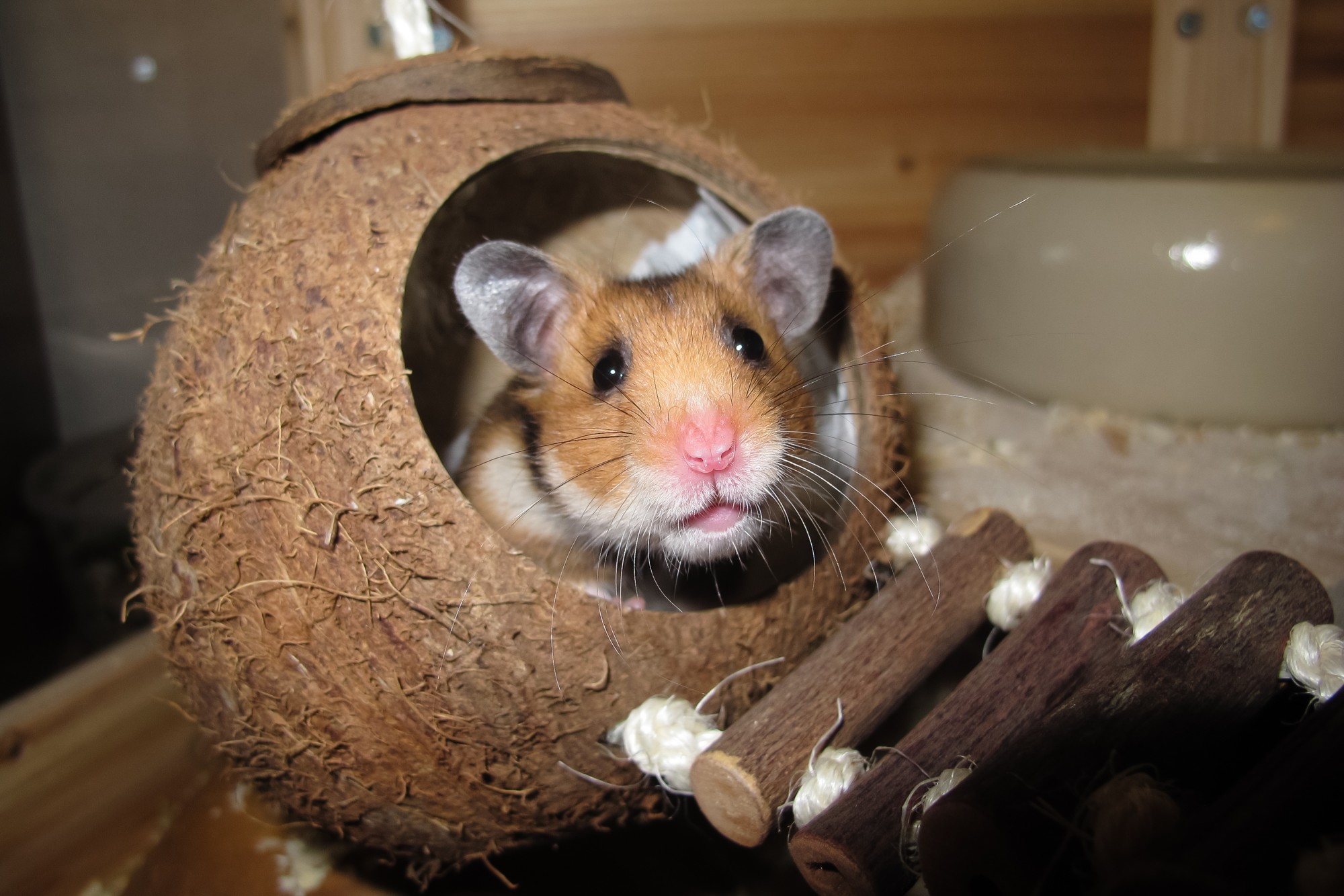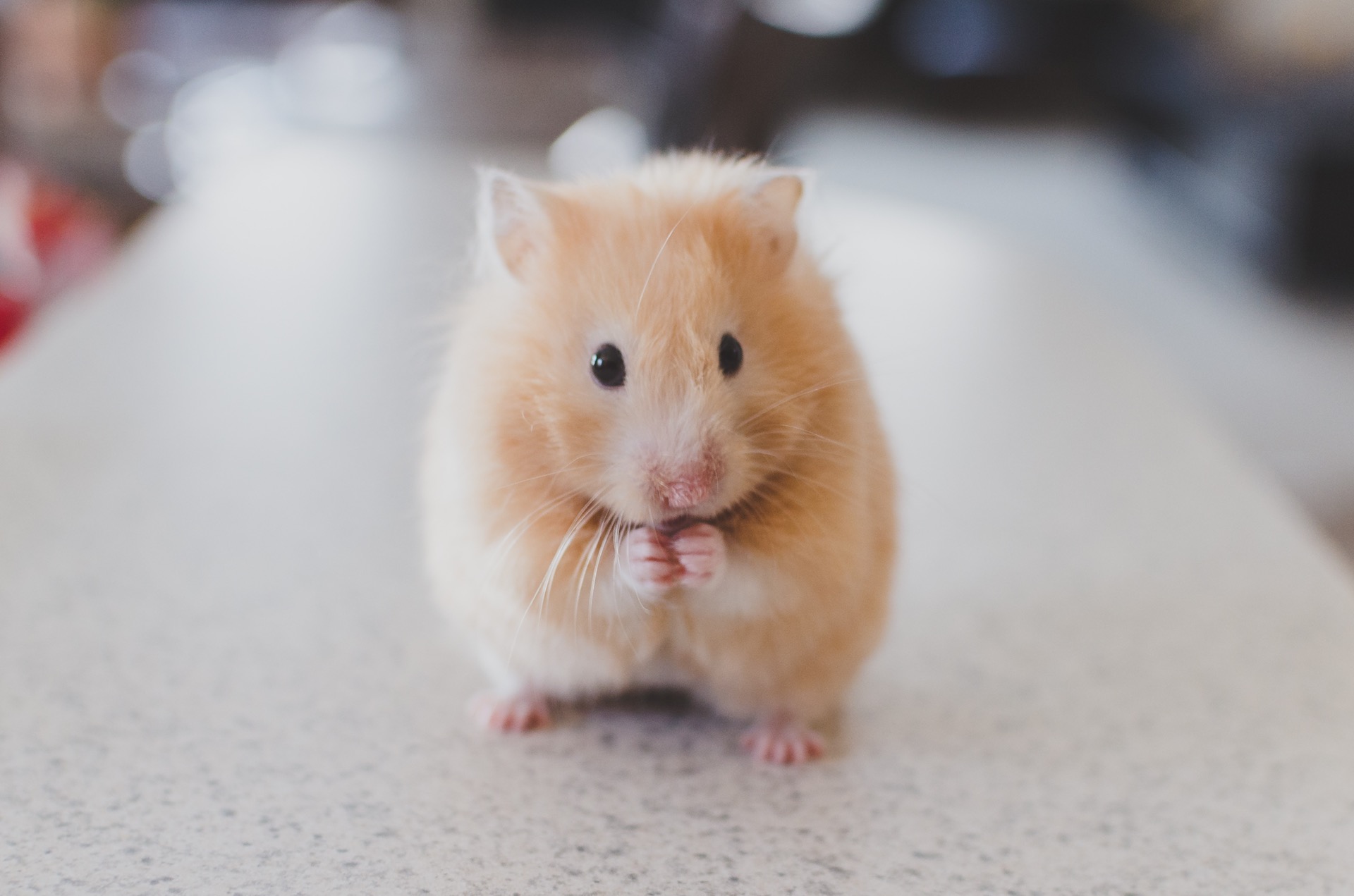X Hamster: The Ultimate Guide To Understanding And Caring For Your Pet
Hey there, fellow pet lovers! If you're reading this, chances are you're either already a proud hamster parent or thinking about adding one of these adorable fuzzballs to your family. Let’s be real—hamsters are tiny powerhouses of cuteness. From their chubby cheeks to their energetic wheel-running sessions, they’ve got charm in spades. But here’s the deal: owning a hamster isn’t just about filling up a cage with toys and hoping for the best. It’s about understanding their needs, quirks, and how to keep them happy and healthy. So buckle up, because we’re diving deep into the world of hamster care with X Hamster: The Ultimate Guide to Understanding and Caring for Your Pet.
Now, before we get too far ahead of ourselves, let’s address the elephant—or should we say, the tiny hamster—in the room. Caring for a hamster is a big responsibility, but it doesn’t have to be overwhelming. This guide is here to help you navigate everything from choosing the right breed to setting up the perfect habitat. Whether you’re a seasoned pro or a complete newbie, there’s always something new to learn about our furry friends.
And hey, don’t worry if you’re feeling a little clueless right now. By the time you finish reading this, you’ll be a hamster expert ready to take on the challenge of being the best pet parent ever. So, let’s not waste any more time—let’s dive right in!
- How Old Is Paula Abdul Discovering The Iconic Journey Of A Pop Culture Legend
- Timeshealthmag Fitness Your Ultimate Guide To Staying Fit And Healthy
Table of Contents
- Introduction to X Hamster
- Different Breeds of Hamsters
- What Should You Feed Your Hamster?
- Creating the Perfect Habitat
- Common Health Issues and Prevention
- Understanding Hamster Behavior
- Top Tips for Hamster Care
- The Best Toys for Your Hamster
- Socializing Your Hamster
- The Lifespan of a Hamster
- Conclusion
Introduction to X Hamster
Alright, let’s start at the beginning. What exactly is an X Hamster? Well, the term "X Hamster" might not refer to a specific breed, but it’s often used to describe the ultimate guide to understanding and caring for your pet hamster. Think of it as the all-in-one resource for everything hamster-related. Whether you’ve got a Syrian, a Roborovski, or a Dwarf hamster, this guide’s got you covered.
Hamsters are small, furry creatures that originate from various parts of the world, including Asia, Europe, and the Middle East. They’ve been domesticated for decades and are now one of the most popular pets around. But here’s the thing: not all hamsters are created equal. Different breeds have different temperaments, dietary needs, and care requirements. So, it’s important to know what you’re getting into before you bring one home.
- Is Leighann Rose Married The Truth About Her Relationship Status
- Vegamovie The Ultimate Destination For Movie Enthusiasts
And let’s not forget about their personalities. Hamsters may be tiny, but they’ve got big personalities. Some are super friendly and love to interact with their humans, while others prefer to keep to themselves. Understanding your hamster’s personality is key to building a strong bond and ensuring they’re happy and healthy.
Different Breeds of Hamsters
Common Breeds You Need to Know
When it comes to hamsters, there’s no shortage of options. But which breed is right for you? Let’s break it down:
- Syrian Hamsters: Also known as "golden hamsters," these guys are the largest of the bunch. They’re friendly and great for first-time hamster owners.
- Dwarf Hamsters: These little guys come in a variety of subspecies, including Campbell’s, Winter White, and Chinese hamsters. They’re social and love to live in pairs.
- Roborovski Hamsters: The smallest of the bunch, these speedy little guys are perfect for those who love a challenge. They’re fast and can be tricky to handle, but they’re oh-so-cute.
Each breed has its own unique characteristics, so it’s important to do your research before making a decision. And remember, not all hamsters are suited for every lifestyle. If you’re looking for a hamster that’s easy to handle, a Syrian might be your best bet. But if you’re up for a challenge, a Roborovski could be the perfect pet for you.
What Should You Feed Your Hamster?
The Importance of a Balanced Diet
Feeding your hamster the right food is crucial to their health and well-being. A balanced diet should consist of a mix of pellets, fresh fruits and veggies, and occasional treats. Here’s what you need to know:
- Pellets: These should make up the bulk of your hamster’s diet. Look for high-quality pellets that are specifically formulated for hamsters.
- Fruits and Veggies: Offer a variety of fresh produce, but be sure to avoid anything that’s too sugary or acidic. Carrots, apples, and leafy greens are all great options.
- Treats: While it’s tempting to spoil your hamster with treats, they should be given in moderation. A small piece of sunflower seed or a piece of dried fruit is all they need.
And let’s not forget about water. Fresh, clean water should always be available to your hamster. A water bottle is the best option, as it prevents spills and keeps the water clean.
Creating the Perfect Habitat
Setting Up a Comfortable Home
Your hamster’s habitat is their sanctuary, so it’s important to get it right. Here’s what you need to consider:
- Cage Size: The bigger, the better. A spacious cage gives your hamster room to move around and explore.
- Bedding: Choose a safe, dust-free bedding material like aspen shavings or paper-based bedding.
- Toys and Accessories: Hamsters love to play, so make sure their cage is stocked with toys, tunnels, and a wheel for exercise.
And don’t forget about cleaning. A clean cage is a happy cage, so be sure to clean it regularly to prevent odors and keep your hamster healthy.
Common Health Issues and Prevention
Staying Ahead of Health Problems
Like any pet, hamsters can suffer from health issues. But with proper care and attention, many of these problems can be prevented. Here are some common health issues to watch out for:
- Dental Problems: Hamsters’ teeth grow continuously, so it’s important to provide them with chew toys to help wear them down.
- Respiratory Infections: These can be caused by dusty bedding or poor ventilation. Make sure their cage is well-ventilated and free of irritants.
- Diarrhea: Often caused by a diet too high in fruits or veggies. Stick to a balanced diet to prevent this issue.
Regular check-ups with a veterinarian who specializes in small animals can also help catch any potential problems early on.
Understanding Hamster Behavior
Decoding Their Actions
Hamsters may be small, but they’ve got a lot going on in those tiny brains. Understanding their behavior can help you build a stronger bond with your pet. Here are a few things to watch for:
- Hiding Food: Hamsters love to stash food for later. It’s their natural instinct to hoard, so don’t be surprised if you find little piles of treats hidden around their cage.
- Grooming: Hamsters are clean animals and spend a lot of time grooming themselves. If you notice a change in their grooming habits, it could be a sign of illness.
- Aggression: Some hamsters can be territorial, especially if they’re not used to being handled. Start slow and build trust over time.
And let’s not forget about their nocturnal nature. Hamsters are most active at night, so don’t be surprised if they’re sleeping all day and running on their wheel all night.
Top Tips for Hamster Care
Simple Steps for Success
Caring for a hamster doesn’t have to be complicated. Here are some top tips to help you get started:
- Handle with Care: Always wash your hands before and after handling your hamster to prevent the spread of germs.
- Provide Plenty of Exercise: A wheel is a must-have for any hamster cage. It provides essential exercise and helps keep them healthy.
- Monitor Their Health: Keep an eye on your hamster’s eating habits, grooming routine, and overall behavior. Any changes could be a sign of illness.
And remember, patience is key. Building a bond with your hamster takes time, but it’s worth it in the end.
The Best Toys for Your Hamster
Keeping Them Entertained
Hamsters are curious creatures, and they love to play. Here are some of the best toys to keep your hamster entertained:
- Wheels: A must-have for any hamster cage. Look for a solid, quiet wheel that’s the right size for your hamster.
- Tunnels: Hamsters love to explore, so tunnels are a great way to keep them active and engaged.
- Chew Toys: These help wear down their ever-growing teeth and provide mental stimulation.
And don’t forget about DIY options. Cardboard boxes and paper towel rolls make great toys that your hamster will love.
Socializing Your Hamster
Building a Bond
Socializing your hamster is an important part of their care. While some hamsters are naturally social, others may take a bit more time to warm up to humans. Here’s how you can help:
- Start Slow: Begin by offering treats and letting your hamster get used to your presence.
- Handle Gently: Once they’re comfortable, try gently picking them up and holding them. Always support their body and avoid sudden movements.
- Be Consistent: Regular interaction will help build trust and strengthen your bond.
And remember, not all hamsters are social butterflies. Some may prefer their own company, and that’s okay too.
The Lifespan of a Hamster
What to Expect
Hamsters may be small, but they pack a lot of life into their short lifespans. On average, hamsters live between 2-3 years, depending on the breed. But with proper care, some can live up to 4 years. Here’s how you can help maximize their lifespan:
- Provide a Healthy Diet: A balanced diet is key to keeping your hamster healthy and happy.
- Keep Their Cage Clean: A clean environment helps prevent illness and keeps them comfortable.
- Offer Plenty of Exercise: A wheel and other toys will help keep them active and entertained.
And don’t forget about regular vet check-ups. Early detection of health issues can make a big difference in their quality of life.
Conclusion
Well, there you have it—the ultimate guide to understanding and caring for your pet hamster. From choosing the right breed to setting up the perfect habitat, there’s a lot to consider when it comes to hamster care. But with a little love and dedication, you can provide your furry friend with a happy, healthy life.
So, what are you waiting for



Detail Author:
- Name : Luella Block DDS
- Username : aleuschke
- Email : schultz.elta@dare.info
- Birthdate : 2005-10-11
- Address : 33373 Abbott Creek Paigetown, AR 89277
- Phone : +1-423-860-7414
- Company : Harvey and Sons
- Job : Ship Captain
- Bio : Nisi dicta assumenda suscipit ullam autem autem esse. Iure est ut dolores voluptates ut neque et. Sed ducimus eaque omnis consequatur provident. Officia qui doloremque consectetur est.
Socials
instagram:
- url : https://instagram.com/terrance.wolf
- username : terrance.wolf
- bio : Et fugiat placeat ut temporibus qui. Explicabo illo similique rerum porro architecto ut sed.
- followers : 6076
- following : 398
facebook:
- url : https://facebook.com/terrance6029
- username : terrance6029
- bio : Tempora est esse nihil.
- followers : 5588
- following : 2051
tiktok:
- url : https://tiktok.com/@terrance.wolf
- username : terrance.wolf
- bio : Libero saepe eaque provident ut quis similique.
- followers : 2554
- following : 310
twitter:
- url : https://twitter.com/wolf2008
- username : wolf2008
- bio : Culpa possimus eius sit non sapiente et unde. Illum culpa molestiae qui nostrum ut illo voluptas quos. Sed dolor quidem autem at minima.
- followers : 1291
- following : 2846